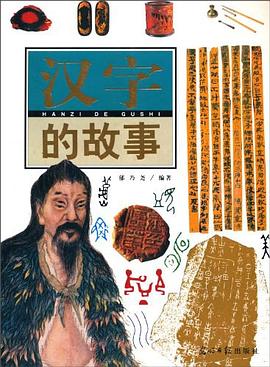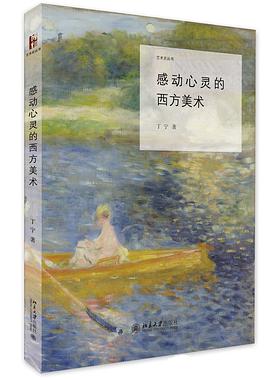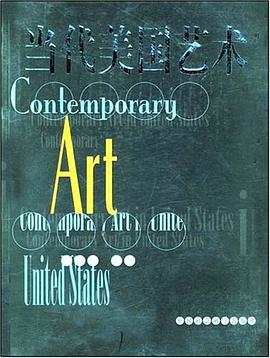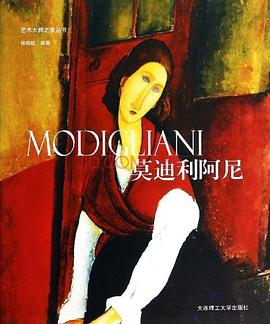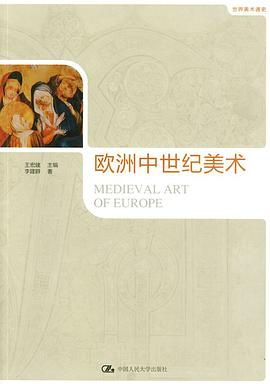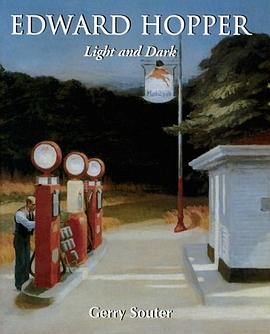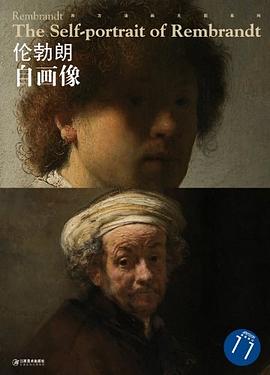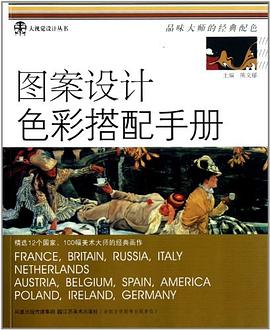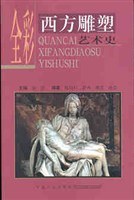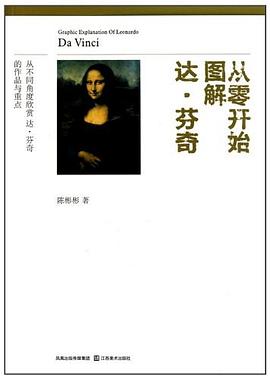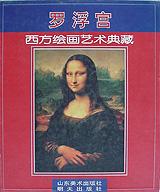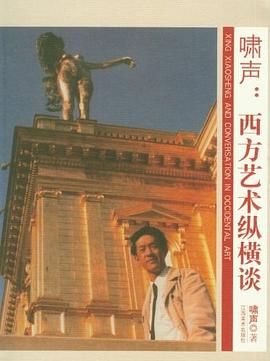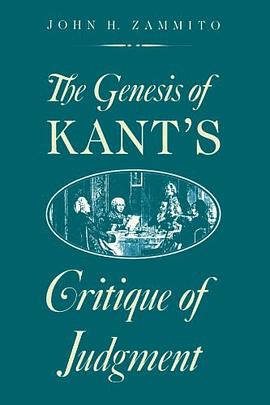

In this philosophically sophisticated and historically significant work, John H. Zammito reconstructs Kant's composition of "The Critique of Judgment" and reveals that it underwent three major transformations before publication. He shows that Kant not only made his "cognitive" turn, expanding the project from a "Critique of Taste" to a Critique of Judgment but he also made an "ethical" turn. This "ethical" turn was provoked by controversies in German philosophical and religious culture, in particular the writings of Johann Herder and the "Sturm und Drang" movement in art and science, as well as the related pantheism controversy. Such topicality made the Third Critique pivotal in creating a "Kantian" movement in the 1790s, leading directly to German Idealism and Romanticism. The austerity and grandeur of Kant's philosophical writings sometimes make it hard to recognize them as the products of a historical individual situated in the particular constellation of his time and society. Here Kant emerges as a concrete historical figure struggling to preserve the achievements of cosmopolitan Aufkl-rung against challenges in natural science, religion, and politics in the late 1780s. More specifically Zammito suggests that Kant's Third Critique was animated throughout by a fierce personal rivalry with Herder and by a strong commitment to traditional Christian ideas of God and human moral freedom. "A work of extraordinary erudition. Zammito's study is both comprehensive and novel, connecting Kant's work with the aesthetic and religious controversies of the late eighteenth century. He seems to have read everything. I know of no comparable historical study of Kant's Third Critique."-ArnulfZweig, translator and editor of Kant's;IPhilosophical Correspondence, 1759-1799;X "An intricate, subtle, and exciting explanation of how Kant's thinking developed and adjusted to new challenges over the decade from the first edition of the "Critique of Pure Reason" to the appearance of the "Critique of Judgment.""--John W. Burbidge, "Review of Metaphysics" "There has been for a long time a serious gap in English commentary on Kant's "Critique of Judgment"; Zammito's book finally fills it. All students and scholars of Kant will want to consult it.
In the Encyclopedia of Philosophy (Macmillan, 1967), W.H. Walsh called Immanuel Kant's Critique of Judgment a "collection of appendices or addenda." Zammito (history, Rice Univ.) overturns this verdict and presents Kant's book as a major source of insight into the crises and fragmentation of modern thought. Aesthetics was at loose ends when Kant began, and the path from the idea of beauty to a philosophical system proved difficult. Kant claims that the sense of beauty grows through free use of imagination combined with a search for intelligibility. When reason is combined with imagination, the idea of the sublime is reached, but it refers to "a state of mind or, rather, its foundation in human nature." This foundation explains Kant's belief that universal principles exist through which art, religion, morality, and science can be reunited. Zammito traces Kant's struggle with enlightenment rationality and the romantic insistence on creativity and genius that paved the way for German idealism. More logical analysis would help, but the story is clear enough for the ordinary reader to follow.
具體描述
讀後感
評分
評分
評分
評分
用戶評價
相關圖書
本站所有內容均為互聯網搜索引擎提供的公開搜索信息,本站不存儲任何數據與內容,任何內容與數據均與本站無關,如有需要請聯繫相關搜索引擎包括但不限於百度,google,bing,sogou 等
© 2025 qciss.net All Rights Reserved. 小哈圖書下載中心 版权所有

